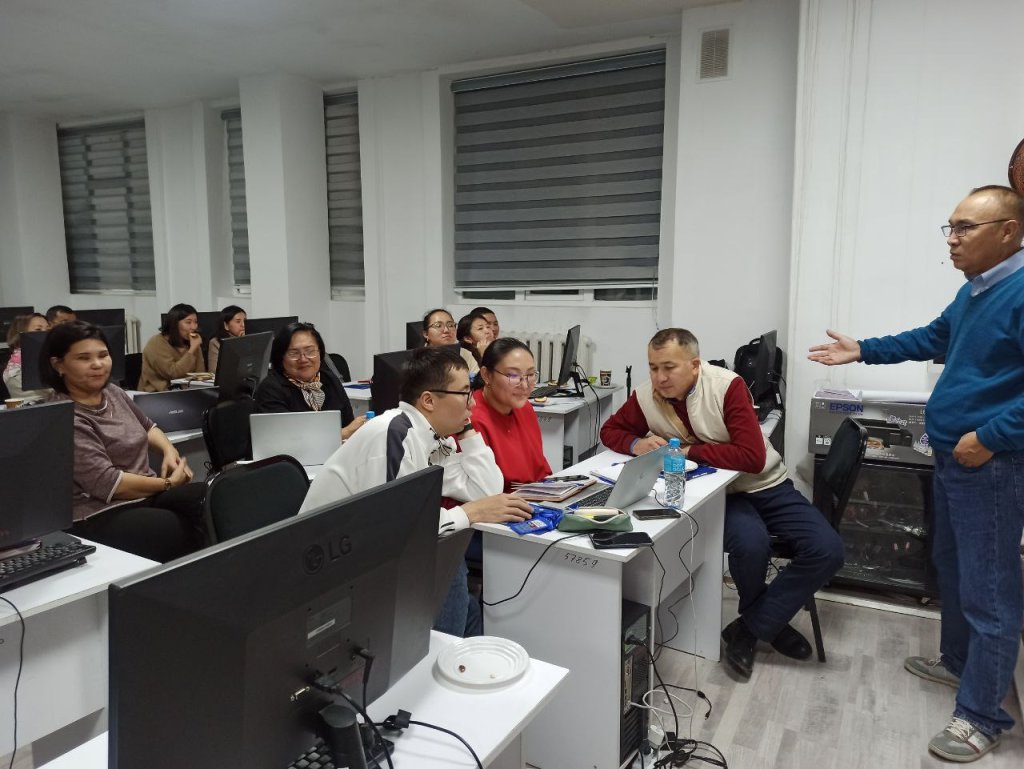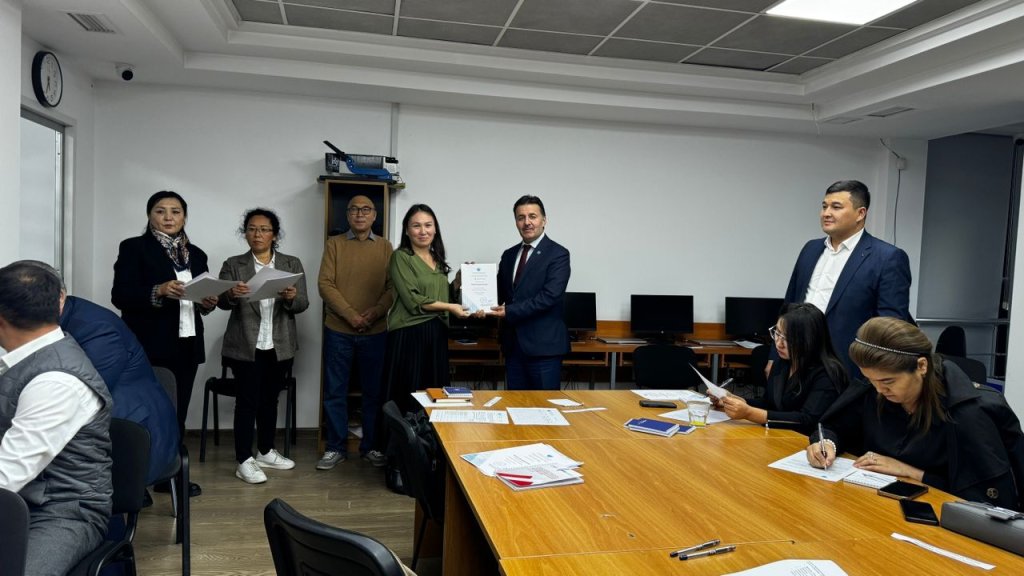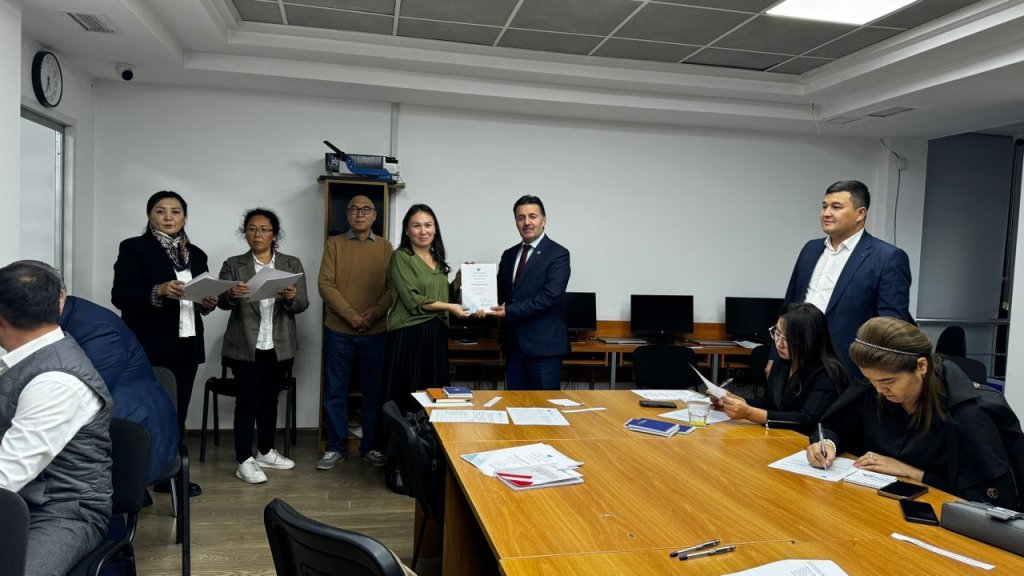



Time/Duration: 24-October, 2024, 1 day (8 hours)
Target Audience: Policy advisors, legislative aides, data analysts, media professionals, and
assistant public administrators.
Prerequisites: Basic understanding of public policy
Location: On-site, University of Central Asia
Trainer: Urmat Tynaliev, Ph.D., Silk Road Research Center, Ala-Too International
University.
Morning Session (9:00 AM – 12:00 PM)
Session 1: Introduction to Data-Driven Policy Making
(9:00 AM – 10:00 AM)
• Objective: Understand the role of data in crafting and evaluating policy.
• Content:
o Importance of data-driven decision-making in public policy.
o Overview of case studies demonstrating successful use of data in policy.
o Ethical considerations in using data for policy development.
Session 2: Understanding Data and Basic Analysis Techniques
(10:00 AM – 11:30 AM)
• Objective: Learn basic data analysis techniques relevant to policy making.
• Content:
o Overview of data types: qualitative vs. quantitative.
o Basic descriptive statistics (mean, median, standard deviation).
o Hands-on activity: Analyze a real-world policy dataset using simple tools
(SPSS/Stata).
Coffee Break (11:30 AM – 11:45 AM)
Session 3: Visualizing Data for Policy Communication
(11:45 AM – 12:45 PM)
• Objective: Learn how to effectively present data to policy makers and the public.
• Content:
o Best practices for visualizing data using charts, graphs, and infographics.
o Overview of tools like Excel, Stata/SPSS, and Power BI.
o Hands-on activity: Create a simple data visualization (e.g., a bar graph or pie
chart).
Lunch Break (12:45 PM – 1:45 PM)
Afternoon Session (1:45 PM – 5:00 PM)
Session 4: Data for Policy Development, Monitoring, and Evaluation
(1:45 PM – 3:00 PM)
• Objective: Understand how to use data for policy development, monitoring and
evaluating.
• Content:
o Introduction to monitoring and evaluation (M&E) frameworks for policy.
o Identifying key performance indicators (KPIs) for tracking policy success.
o Case studies on data use in policy development.
Session 5: Hands-on Exercise: Creating Policies for Various Public Issues
(3:00 PM – 4:15 PM)
• Objective: Develop practical skills in applying data to a policy context.
• Activity:
o Group work: Participants will design a basic data-driven policy plan for a
hypothetical policy issue (e.g., public health, education, economic policy).
o Groups present their policy plans to the class.
Session 6: Ethical and Legal Considerations in Data Use
(4:15 PM – 5:00 PM)
• Objective: Understand the ethical and legal implications of using data in public policy.
• Content:
o Overview of data privacy laws (e.g., GDPR, CCPA).
o Ethical dilemmas in using data for policy decisions.
o Discussion: Balancing data-driven decision making with public trust and
transparency.
Program Outcomes:
By the end of this one-day training, participants will be able to:
• Recognize the importance of data in policy-making processes.
• Perform basic data analysis using common tools like Excel/SPSS/Stata.
• Visualize data to communicate effectively with stakeholders.
• Develop a basic framework for policy development.
• Understand the ethical and legal considerations of using data in public policy



